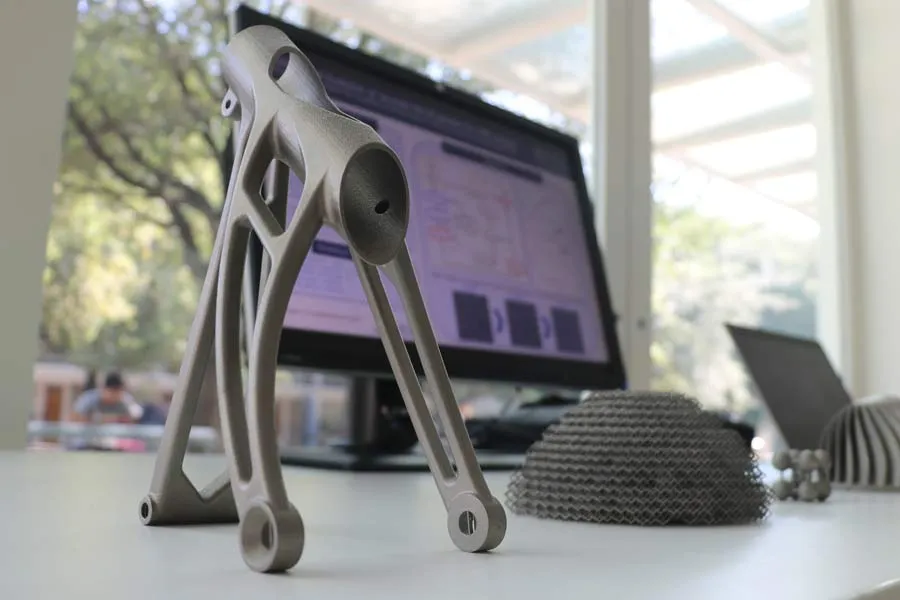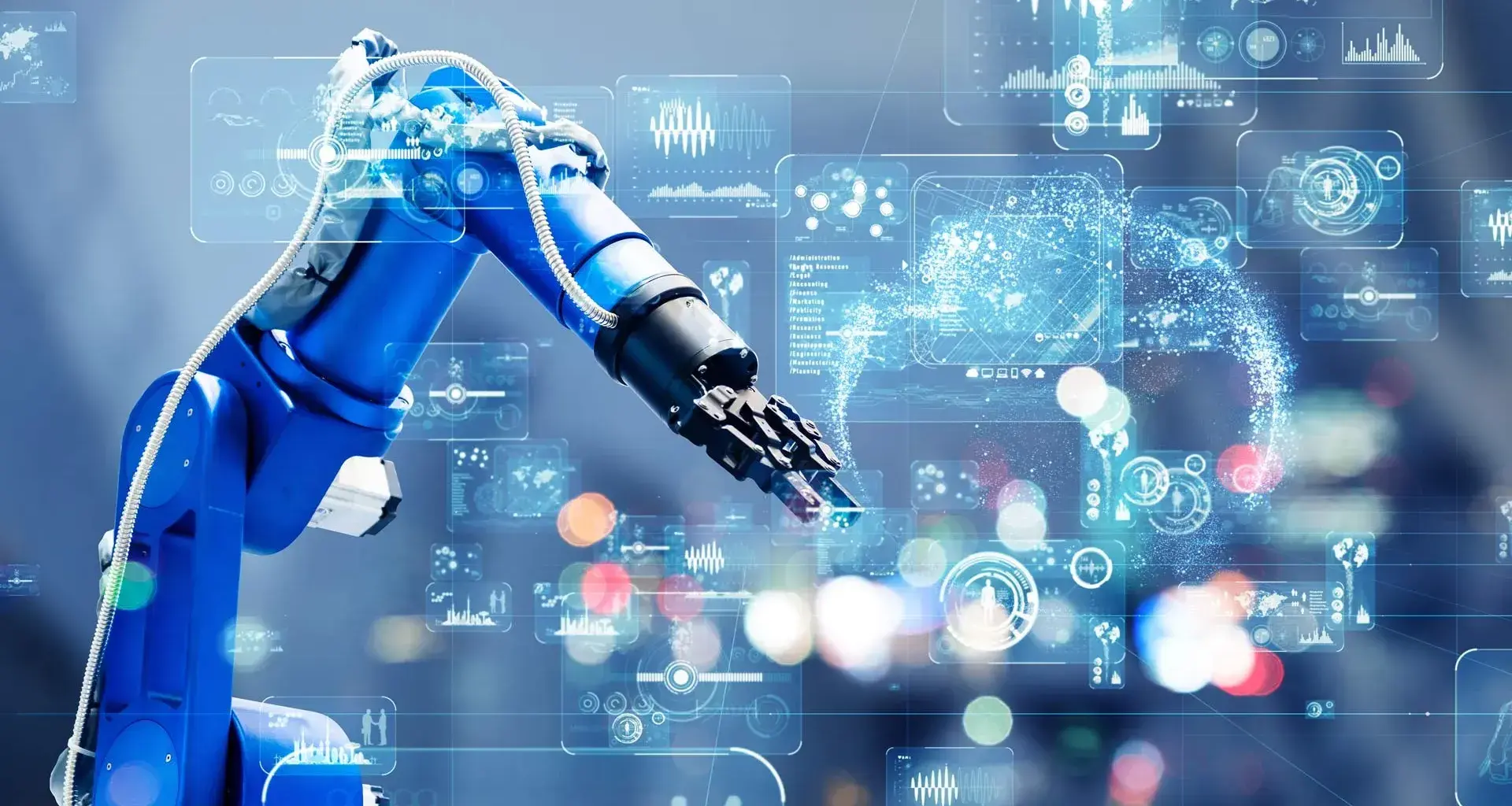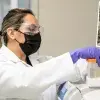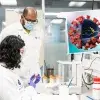The goal of the Center for Innovation in Digital Technologies (CIDiTec) is to be a strategic partner for technological development to generate more value in cities, industries, and for the health of the Mexican and Latin American population.
This new center from Tec de Monterrey’s School of Engineering and Sciences (EIC) seeks to create an impact in 3 areas through the use of digital technologies: Smart Industry, Smart Cities, and Smart Health.
“In smart industry, we’re focusing on improving personal effectiveness, but also on differentiating and generating new products and business models triggered by digital technology.
“In smart cities, it’s about seeing how we can improve quality of life and make societies more efficient. In smart health, it’ll be to provide support, through engineering solutions, improving diagnosis, among other things,” said Sergio Uribe, director of the center.

The Center for Innovation in Design and Technology (CIDyT) has evolved into CIDiTec. This center will be located in various areas of the Monterrey campus and will interact with the rest of the Tec’s campuses.
“Digital transformation has the ability to create significant value in companies and society. We must begin to identify how we’re going to rely more on these digital technologies,” added Uribe.
The Center for Innovation in Digital Technologies is currently developing applied research and digital technology projects, such as the Bioinspired Static Mixer by Metal Additive Manufacture.
Smart cities and quality of life
One of the main concepts of CIDiTec is to create an impact on cities through the use of digital technologies to foster the best urban quality of life.
In this regard, Juan Pablo Murra, Rector of Undergraduate and Graduate Studies, said that promoting the transformation of cities and communities is one of the differentiators of Tec de Monterrey’s 2030 Strategic Plan.
“80% of the Mexican population lives in cities. They’re where we produce things, where we move about, and the way we design and manage cities affects our quality of life in terms of time, mobility, and energy.
“The vision of having smarter cities by making use of these technologies, even in terms of health, really excites me,” said Murra.
The Rector of Undergraduate and Graduate Studies reaffirmed a commitment to creating a knowledge, innovation, and technology economy in the country through CIDiTec.
“What we do today will be very different to what we do tomorrow. I’m certain that the technologies developed here will create economic and social value for Mexico and companies,” said the director.
Partnerships and collaboration for digital transformation
EIC’s academic programs form a community that collaborates on industrial evolution efficiency and effectiveness projects with the use of digital technologies, said Dean Manuel Zertuche.
“What we do today will be very different to what we do tomorrow. The technologies developed here will create value.” - Juan Pablo Murra.
“We celebrate and strongly encourage collaboration with other universities around the world. We have collaborative partnerships in many places that support CIDiTec’s perspective.
“This gives us the versatility and flexibility to not attempt to do everything ourselves, but to do so through partnerships and collaborative work that we have with our partners and members who participate in programs and other university groups,” Zertuche said.
The Dean of the EIC also highlighted the presence, value, and impact that Tec de Monterrey has obtained through collaboration with the industrial sector.
“We take great pride in having industry support, whether as partners in service management, human skills, or structure for solving common problems that exist in society,” added the director.
The connection between the industrial sector and universities will be the driving force behind this new innovation space.
Digital technology vs social challenges
During the opening of CIDiTec, a panel discussion was held on the topic of “The role of digital technologies in creating business value,” in which Sergio Uribe said that industry and academia have the opportunity to join forces to combat various social challenges.
“In the context of digital technologies, there are challenges we’re experiencing as a country, such as generating more economic growth, more social benefit, and stopping the deterioration of the environment,” said the CIDiTec director.
For her part, Fabiola Gutiérrez, Government & Universities Relationship manager of the Schneider Electric company, who participated in the panel, said that sustainable and resilient solutions for the community should be shared with new generations.
Also taking part in the discussion was Ulises Vich, System Architecture manager of the Omron Corporation, and Robert Freites, Coil Coating Industrial Director at Ternium.
The Center for Innovation in Digital Technologies (CIDiTec) will operate from different areas of the Monterrey campus, where research will be carried out in this new center’s main areas of work.
With information from Martha Mariano.
ALSO READ:





